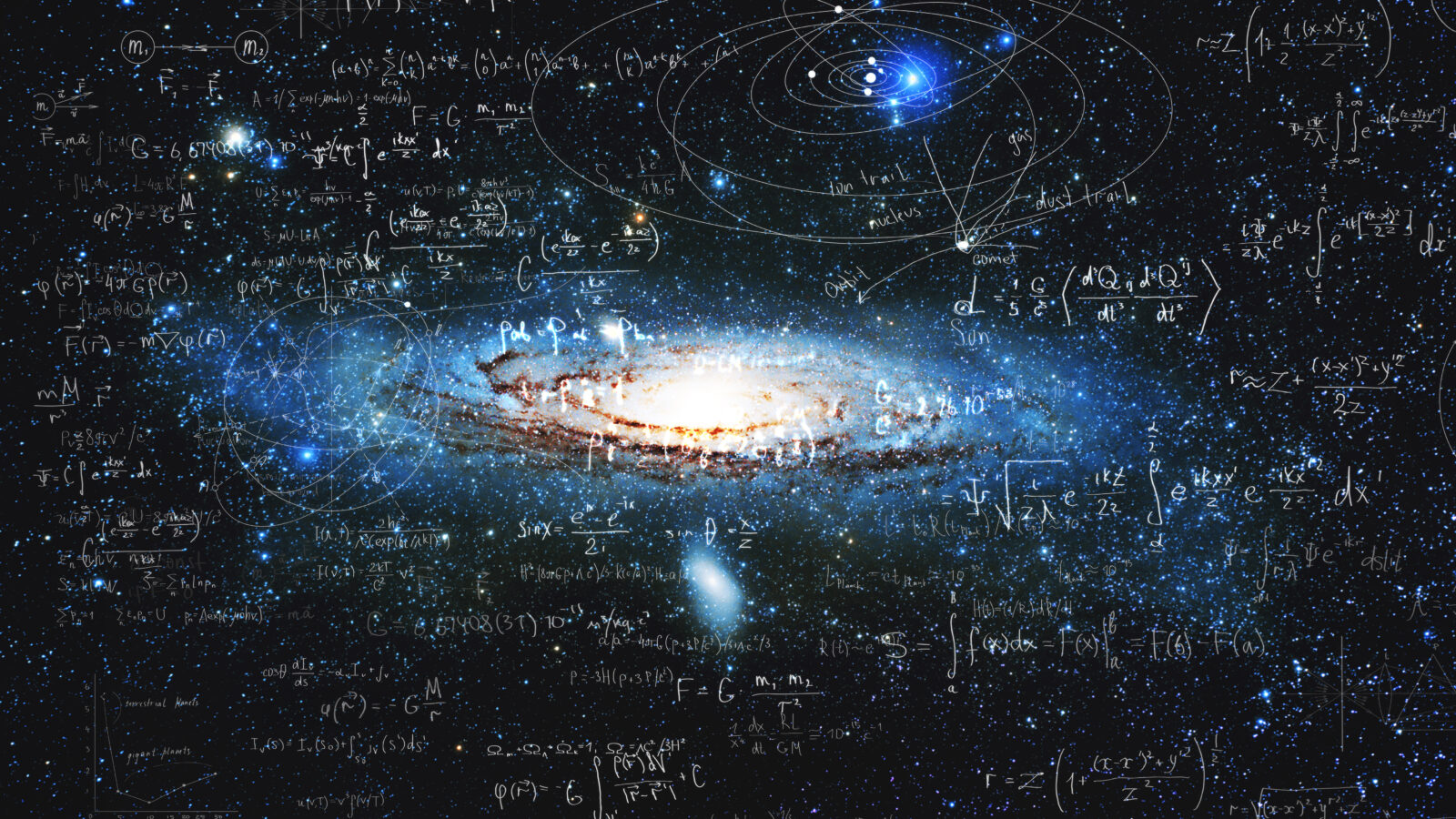Michael Keas on Kepler, the Book of Nature, and the Language of Mathematics
On this episode of ID the Future from the archive, Andrew McDiarmid talks with science historian Michael Keas about pioneering mathematical astronomer Johannes Kepler, based on Keas’s book Unbelievable: 7 Myths About the History and Future of Science and Religion. Kepler studied theology before turning to math and science, and it was his belief in God that guided his extraordinary discoveries. “Without an architect who created the world,” said Kepler, “there is no … power in mathematics to make anything material.” Kepler considered it a great privilege to share in God’s thoughts as he studied natural phenomena and the laws that described them. He is one of several scientists in early modern science, including Galileo, who saw a “book” of God’s revelation in nature written in the language of mathematics. God designed the world for discovery, Kepler believed, and that conviction inspired his groundbreaking investigations. This episode is from the archive and is the conclusion to a previous series exploring the concepts of Keas’s book Unbelievable. Enjoy other episodes in the series here.
